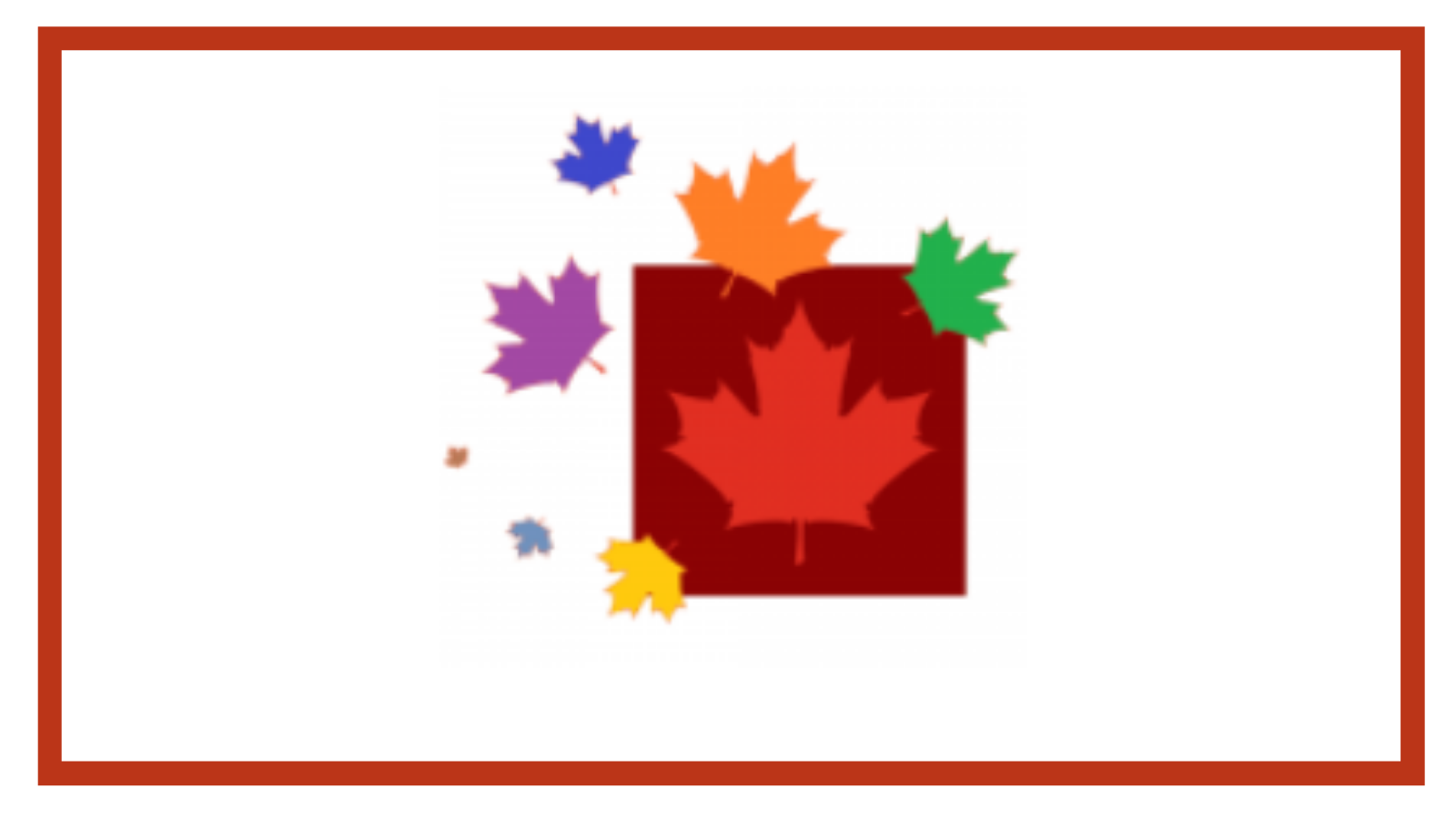As the husband of murdered British MP Jo Cox reminded the world in his pain, hate is poisonous. Whether the recent Orlando massacre was a hate crime or a terror-motivated attack, or in fact both as the FBI suggested to media, the killings were a stark reminder of what hate can do.
In the aftermath of such incidents comes the call for action, especially by the Orlando families so tragically affected. And also quite predictably, the focus turns to gun control.
But there is another factor that we must face and seek a way forward on, namely, online hate speech and even incitement to violence.
Rising danger
Indeed, whether in Europe, the U.S. or in Canada, we are seeing a large increase in hate speech on social media platforms. As the perpetrator attacked MP Cox, he allegedly called out “Britain First,” the name of a far-right, anti-Muslim movement that grows it audience through the Internet. The Orlando shooter posted his allegiance to ISIS, spreading his message on social media sites.
Online threats of violence and comments full of hate are common throughout social media. One need only look to online comments on media stories to see the hate posted by those who often remain anonymous.
Unfortunately, it has become part of normal discourse. Indeed, social media has allowed hate-filled content to grow and spread.
As the use of social media platforms only increases, so has the danger its use can present.
Pressuring tech companies
In fact, as social media use grows, so has the emphasis on freedom of expression over protection of minority rights in the interest of diversity and inclusion. Individuals are emboldened to use social media to spread their hate. given at least in part, that its removal is unlikely.
This lack of consequence, when combined with the power and influence of social media, make it a dangerous tool of communication. Hate groups and extremists have understood this power.
Following the deadly attacks by ISIS in Paris and Brussels, the EU launched a joint commitment with Facebook, Twitter, Google and Microsoft to fight racism, xenophobia and terrorism online by removing hate speech from their sites within 24 hours.
Canada and the rest of the world must pressure tech companies to adopt such measures. We as a society dedicated to inclusivity, have to promote the use of social media as a tool for good, and prevent hate speech from circulating online.
Anita Bromberg has been the Executive Director of the Canadian Race Relations Foundation since June 2014.





